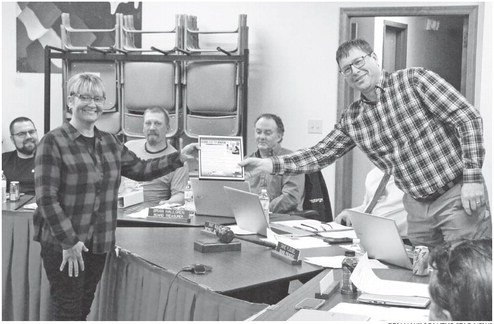Medford seeks to improve security at high school entrance


Looks to tap into budget savings due to federal ESSER funds to expand and renovate front entrance at MASH
The main office of the Medford Area Sen...


Looks to tap into budget savings due to federal ESSER funds to expand and renovate front entrance at MASH
The main office of the Medford Area Sen...